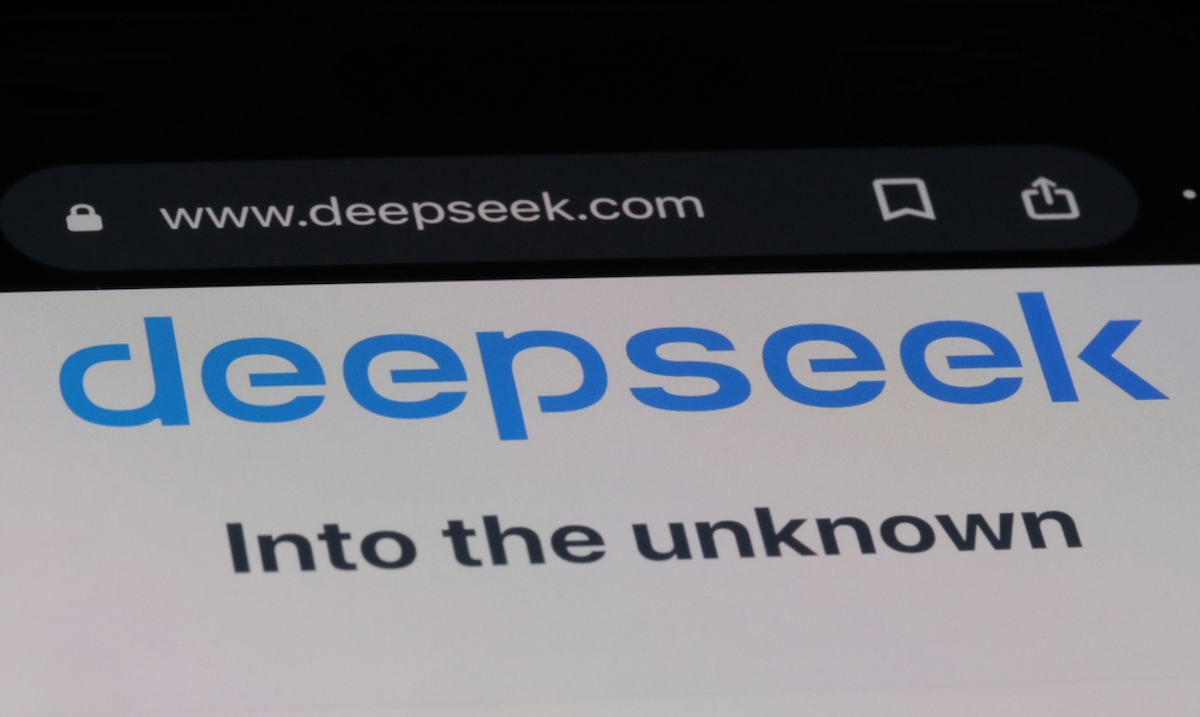
By: Tom Wheeler (Tech Tank)
In this article for Tech Tank, author Tom Wheeler examines the recent breakthrough by the Chinese AI lab DeepSeek, which made waves in the industry and sent shockwaves through the stock market.
DeepSeek’s new AI model reportedly matches the reasoning capabilities of the latest U.S. models but at a significantly lower cost. Predictably, some may use this development as justification to weaken domestic regulations and grant even greater power to Big Tech.
Such a reaction, however, is precisely what the U.S. should avoid. If anything, DeepSeek’s success underscores the need to safeguard American innovation by fostering a competitive marketplace.
A common argument in Silicon Valley suggests that allowing tech giants to acquire smaller competitors ensures the U.S. stays ahead in the AI race by consolidating resources. However, this perspective conveniently ignores the fact that groundbreaking advancements from companies like DeepSeek, OpenAI, and Anthropic originated from disruptive startups rather than industry behemoths.
“We often hear that pursuing antitrust cases against or regulating [dominant tech] firms will weaken American innovation and cede the global stage to China,” noted former Federal Trade Commission (FTC) chair Lina Khan. But, as she pointed out, “history and experience show that lumbering monopolies…cannot deliver the breakthrough technological advancements that hungry startups tend to create…To stay ahead globally, we don’t need to protect our monopolies from innovation. We need to protect innovation from monopolies. We need to choose competition over national champions.”
Beyond their sluggish nature, major corporations often face internal conflicts between cutting-edge innovation and corporate interests. The Wall Street Journal reported that Google engineers had developed a generative AI chatbot more than two years before OpenAI launched ChatGPT. Despite their repeated calls to bring it to market, Google’s leadership hesitated. One possible explanation? A powerful AI chatbot posed a direct threat to Google Search—its primary revenue driver. As one headline starkly warned, “Gmail creator warns Google is ‘only a year or two away from total disruption’ because of AI like ChatGPT.”
For dominant incumbents like Google, every new technological advancement must be weighed against its potential impact on existing business models. Above all, a corporation’s primary obligation is to its shareholders—not to driving innovation forward…
Featured News
Belgian Authorities Detain Multiple Individuals Over Alleged Huawei Bribery in EU Parliament
Mar 13, 2025 by
CPI
Grubhub’s Antitrust Case to Proceed in Federal Court, Second Circuit Rules
Mar 13, 2025 by
CPI
Pharma Giants Mallinckrodt and Endo to Merge in Multi-Billion-Dollar Deal
Mar 13, 2025 by
CPI
FTC Targets Meta’s Market Power, Calls Zuckerberg to Testify
Mar 13, 2025 by
CPI
French Watchdog Approves Carrefour’s Expansion, Orders Store Sell-Off
Mar 13, 2025 by
CPI
Antitrust Mix by CPI
Antitrust Chronicle® – Self-Preferencing
Feb 26, 2025 by
CPI
Platform Self-Preferencing: Focusing the Policy Debate
Feb 26, 2025 by
Michael Katz
Weaponized Opacity: Self-Preferencing in Digital Audience Measurement
Feb 26, 2025 by
Thomas Hoppner & Philipp Westerhoff
Self-Preferencing: An Economic Literature-Based Assessment Advocating a Case-By-Case Approach and Compliance Requirements
Feb 26, 2025 by
Patrice Bougette & Frederic Marty
Self-Preferencing in Adjacent Markets
Feb 26, 2025 by
Muxin Li